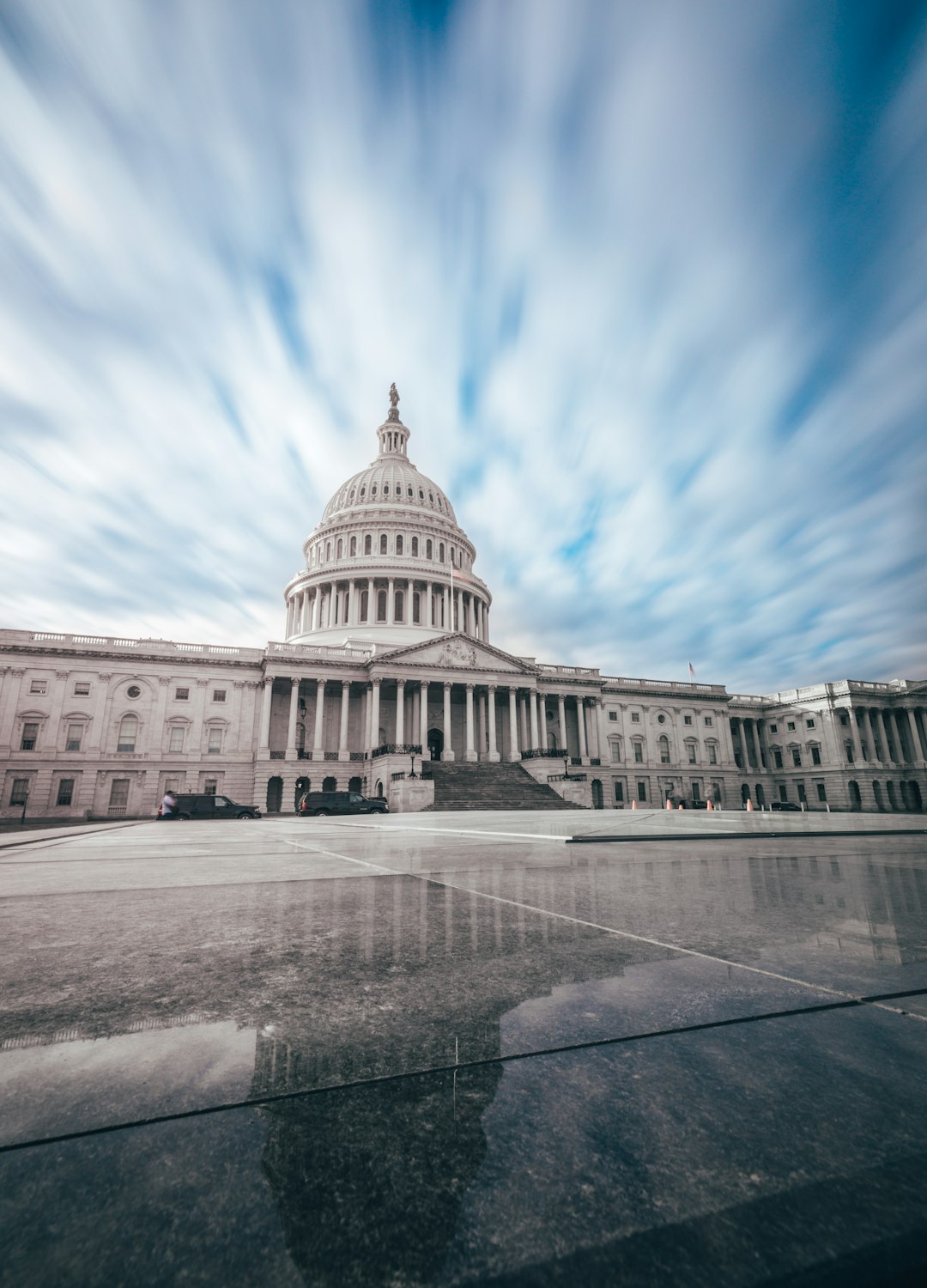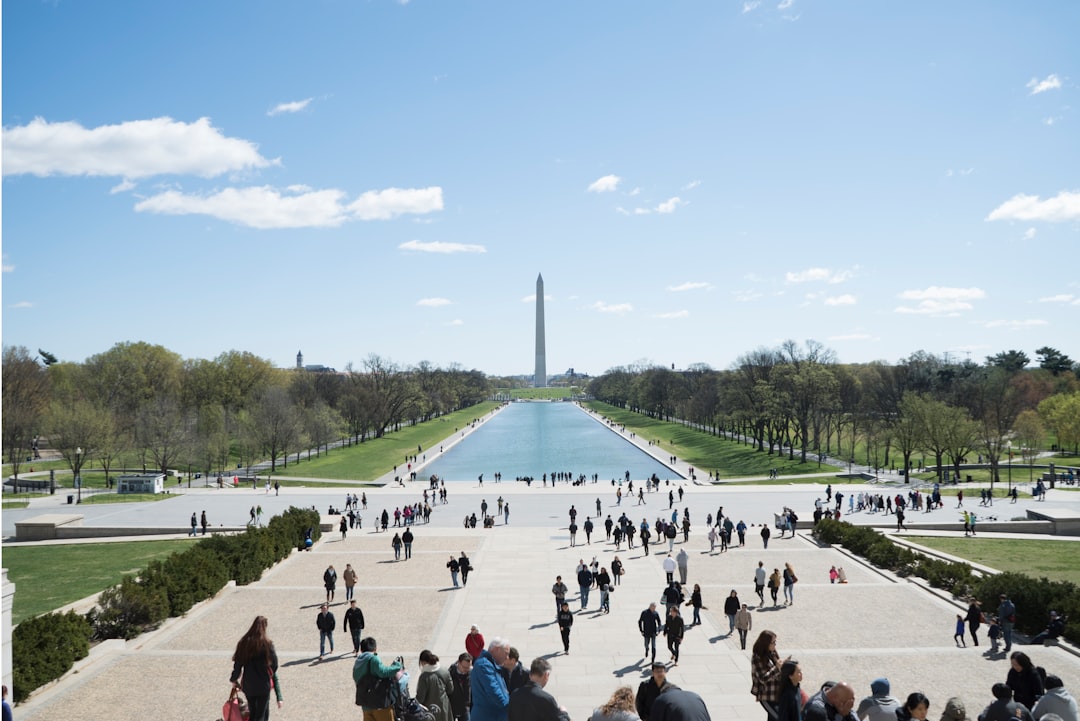Elder abuse in border towns, fueled by diverse populations and cross-border movement, presents unique challenges ranging from financial exploitation to physical and sexual assault. Language barriers, cultural differences, and victim hesitation further complicate reporting. Organizations like Oldtowns combat this through community engagement, education, and legal support, including specialized elderly sexual assault attorneys in Washington. These efforts empower locals to recognize and report abuse, foster swift action against perpetrators, and create a safe environment for vulnerable seniors, breaking down stigma and encouraging early reporting.
“Oldtowns, with their rich history and unique cultural dynamics, face distinct challenges in preventing elder abuse, especially along borders. This article delves into effective initiatives that have emerged from these tight-knit communities, focusing on community engagement and education as key strategies. We explore the legal framework, highlighting the critical role of an elderly sexual assault attorney in Washington state. Additionally, it highlights promising long-term support systems and advocacy efforts to create safer havens for vulnerable elders.”
Understanding Elder Abuse in Border Towns: A Unique Challenge

Elder abuse in border towns presents a unique set of challenges, often exacerbating existing social and economic disparities. These communities, characterized by their diverse populations and flux of people crossing borders, face specific difficulties in identifying and addressing instances of elder abuse, which can range from financial exploitation to physical and sexual assault. The sensitive nature of these cases, coupled with language barriers and cultural differences, poses significant hurdles for authorities and support services.
For instance, elderly individuals from different cultural backgrounds may have varying understandings of what constitutes abuse or may be hesitant to report it due to fear or lack of trust in local systems. Additionally, border towns often struggle with limited resources and overstretched social services, making it challenging to provide comprehensive support for victims of elder abuse. This is where dedicated initiatives come into play, aiming to bridge these gaps and ensure that vulnerable elders receive the protection and justice they deserve, including those seeking assistance from an elderly sexual assault attorney in Washington or other border regions.
Oldtowns' Approach to Prevention: Community Engagement and Education

Oldtowns, a non-profit organization dedicated to ending elder abuse in border towns, takes a comprehensive approach to prevention that heavily emphasizes community engagement and education. They believe that fostering a culture of care and respect for seniors starts with empowering local communities to recognize and report potential instances of abuse. Through workshops, seminars, and public awareness campaigns, Oldtowns equips residents with the knowledge to identify warning signs and encourages open dialogue about this often-overlooked issue.
The organization collaborates closely with local schools, community centers, and religious groups to integrate elder abuse prevention into existing educational curricula and social programs. They also work hand-in-hand with law enforcement agencies to ensure swift action is taken against perpetrators, including those who may be involved in sophisticated crimes like elderly sexual assault. With a focus on both awareness and accountability, Oldtowns strives to create a safe and supportive environment for seniors living in border towns, many of whom are vulnerable due to geographical isolation or language barriers.
Legal Aspects: The Role of an Elderly Sexual Assault Attorney in Washington

In Washington, the legal aspects of elder abuse prevention, particularly in border towns with a high concentration of older residents, are crucial. The role of an elderly sexual assault attorney is vital in addressing these issues. These attorneys specialize in protecting the rights and interests of elderly victims who have suffered sexual abuse or exploitation. They work closely with local law enforcement, social services, and healthcare providers to ensure that justice is served and that the victim receives necessary support.
An elderly sexual assault attorney in Washington plays a critical role in navigating complex legal systems and advocating for their clients’ rights. They handle a range of cases, from criminal prosecutions against perpetrators to civil lawsuits seeking compensation for victims. Their expertise lies in understanding state laws and regulations related to elder abuse, ensuring that the legal process is fair and effective. This support is essential in fostering a safe environment for seniors and holding accountable those who exploit or harm them.
Building a Safe Haven: Initiatives for Long-Term Support and Advocacy

Oldtowns, nestled along the border, have been pioneering initiatives aimed at combating elder abuse and fostering a safe haven for vulnerable seniors. One key strategy involves establishing support networks that offer long-term care and advocacy. These networks often include social service agencies, non-profit organizations, and dedicated elderly sexual assault attorneys in Washington, who work collaboratively to provide comprehensive assistance. By offering legal aid, counseling, and emergency services, these initiatives ensure that elders receive the help they need, promoting a culture of safety and respect within the community.
The commitment to long-term support goes beyond immediate crisis intervention. Community-based programs organize educational workshops, awareness campaigns, and peer support groups, empowering both survivors and bystanders. These efforts are crucial in breaking down stigma, encouraging early reporting, and fostering an environment where elders feel safe to speak up against abuse. With sustained advocacy, Oldtowns aim to create a robust system that protects not just the present, but also ensures future generations of elders can live free from harm.






